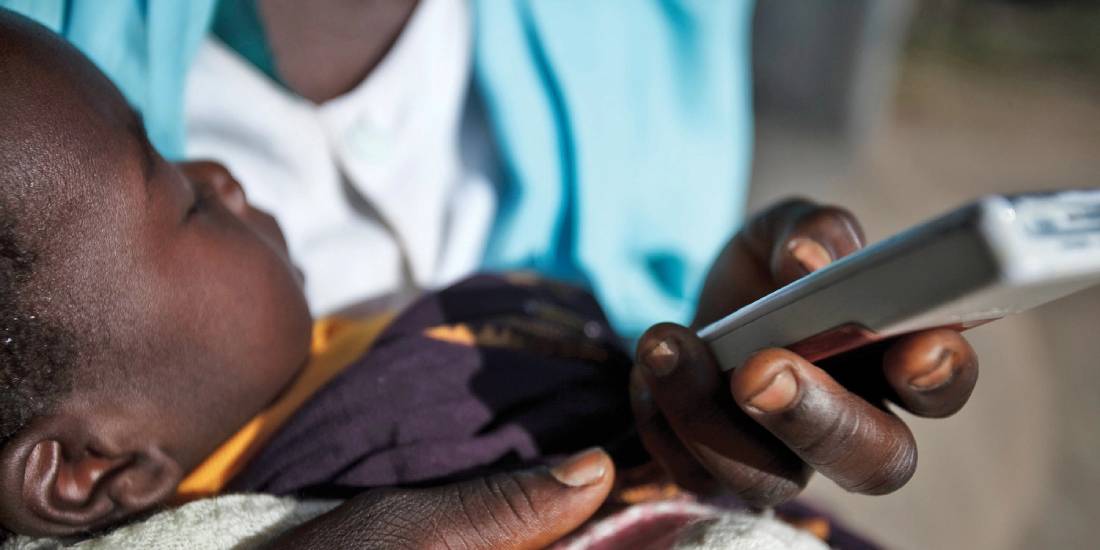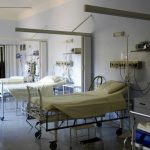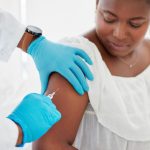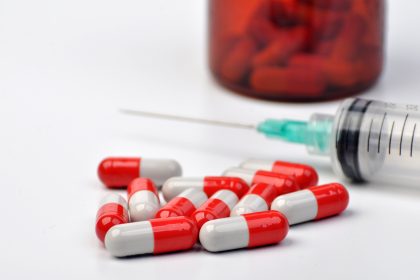“Chipatala Cha pa Foni” (Health centre by phone) provides free health and nutrition information to Malawians 24/7, making it the most successful telehealth model in Africa.
The Malawi Ministry of Health issued a public call for innovative ideas to increase access to information on maternal, newborn, and child health in 2009.
Over 12,000 ideas were submitted, but one stood out: a cheap “call-a-doctor” style service by any phone, whether smartphone or burner phone, blending a hotline and text (SMS) reminders to bridge the gap between households and formal healthcare facilities.
The idea was quickly adopted and scaled nationally, supported by VillageReach, an NGO, the Health Ministry and partners like Airtel Malawi.
The model is simple: Malawians call toll-free or send free SMS in the local dialect Chichewa or English to get health advice, referrals, and reminders.
Calls are answered by trained health workers or nurses providing advice on maternal, newborn, child health, sexual and reproductive health, nutrition, HIV, malaria and more.
If urgent care is needed, the hotline refers callers to the nearest health facility, after which call records are logged, feeding into the national health information system run by the government to help with disease mapping.
The VillageReach model has reached over 110 million people in the last two and a half decades
The revolutionary success of Chipatala Cha pa Foni ‘Health centre by phone’ was evident during the Covid-19 pandemic, where it provided accurate, timely information, thus reducing misinformation. It further reduced foot traffic burden on health facilities by screening non-urgent cases via phone.
Chipatala Cha pa Foni is a testimony to the impact of timely and affordable digital innovations on delivering primary healthcare to communities.
Speaking at the organisation’s 25th anniversary in Nairobi on Thursday, August 28, 2025, VillageReach President & CEO Dr Ahmed Ogwell said the impact of partnerships between governments, communities, global institutions, and the private sector includes improved supply chains for vaccines, medicines and commodities.
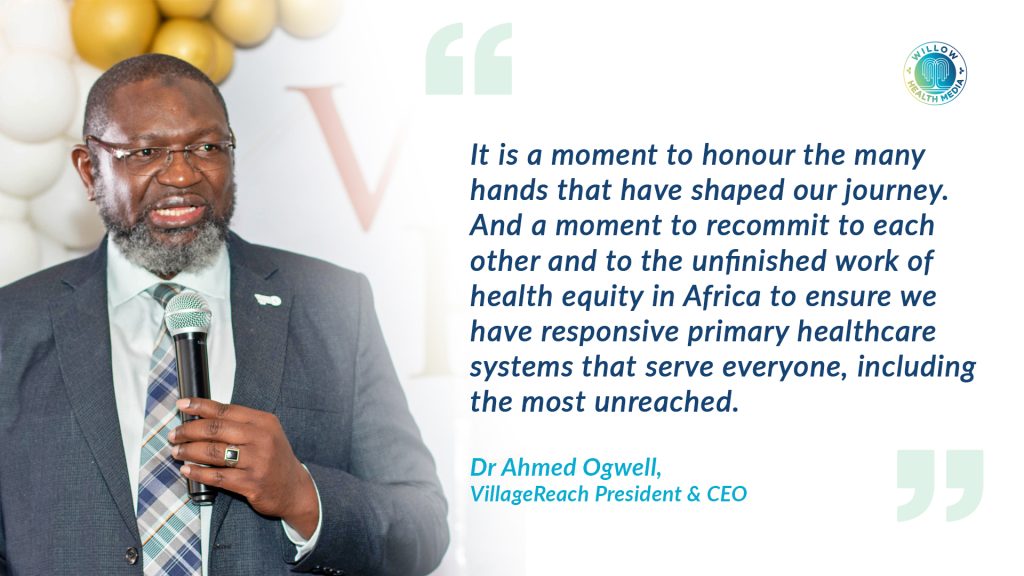
In the last 25 years, VillageReach has increased access to quality health care for over 110 million people, and through its 2030 strategy plans to impact 350 million people in Africa by 2030, by reducing inequities in access to quality primary healthcare among the most under-reached communities.
“But we are not celebrating numbers,” said Dr Ogwell. “We are celebrating children who got vaccinated on time, mothers who received care in safe hands, health workers who now have the tools they need to serve, and individuals whose lives were saved and health improved.”
Malawi’s innovative telehealth solution, Chipatala Cha pa Foni, has facilitated more than seven million health interactions, reaching over 5,000 callers daily, through voice (talking to health workers or automated) or texts through WhatsApp.
When coupled with Artificial Intelligence (AI) and digital infrastructure, experts believe that telehealth is the next frontier in achieving Universal Health Coverage for vulnerable communities in Africa.
Some 600 million Africans still lack access to basic primary healthcare
Already, the continent has made major strides in digitising healthcare by strengthening community health workers with knowledge, tools, and products to serve their communities through public-private collaborations.
Dr Ogwell said that in 25 years, VillageReach has improved data systems to ensure visibility of health impact at the community level. For instance, in Malawi, Mozambique, Tanzania, and the Democratic Republic of Congo (DRC), VillageReach has co-created logistics systems with governments that track health commodities to minimise loss.
In the DRC, outbreak samples have been delivered to remote areas over land and river, while in Nigeria, public and private health partners are working together to digitise health logistics and therefore improve the visibility of data.
Closer home in Kenya, there are ongoing partnerships with the national government, counties, and agencies like the Kenya Medical Supplies Authority (KEMSA) to ensure that Community Health Promoters (CHPs) are fully equipped with supplies.
Despite the progress, Dr Ogwell noted that about 600 million Africans still lack access to basic primary healthcare such as well-trained medics, quality health products and proper health facilities.
Dr Ogwell noted that healthcare suffers under the strain of different pressures like climate change, thinning budgets meaning and “we still need commitment to reach the goals of every person having access to the healthcare they need to thrive.”
Kenya’s 719 Covid hotline to become a permanent multi-topic telehealth service
Dr Caroline Asin, Deputy Director of Primary Healthcare at the Ministry of Health, said true UHC means more than just financial protection. It also requires that quality healthcare be available, accessible, and meet the needs of everyone, especially the most vulnerable.

Dr Asin called attention to the Community Health Units for Universal Health Coverage (CHU4UHC) platform, which “Ensures that essential medicines and supplies are available at the community level, directly addressing the physical access component of our UHC goals, and reducing the unacceptable rates of commodity stockouts.”
Already, she said, the Ministry has trained thousands of CHPs in supply management.
Moreover, the Ministry has integrated a commodity management model into the national eCHIS (Electronic Community Health Information System) platform for data-driven efficiency, while leveraging technology will ensure the national e-health policy is used in breaking geographical gaps in healthcare.
The Ministry is currently working with VillageReach to transition the 719 Covid-19 hotline into a permanent multi-topic telehealth service, “Making it a sustainable public utility to provide Kenyans with easy access to health advice and referrals.”
There is need to embed climate services into primary healthcare in Africa
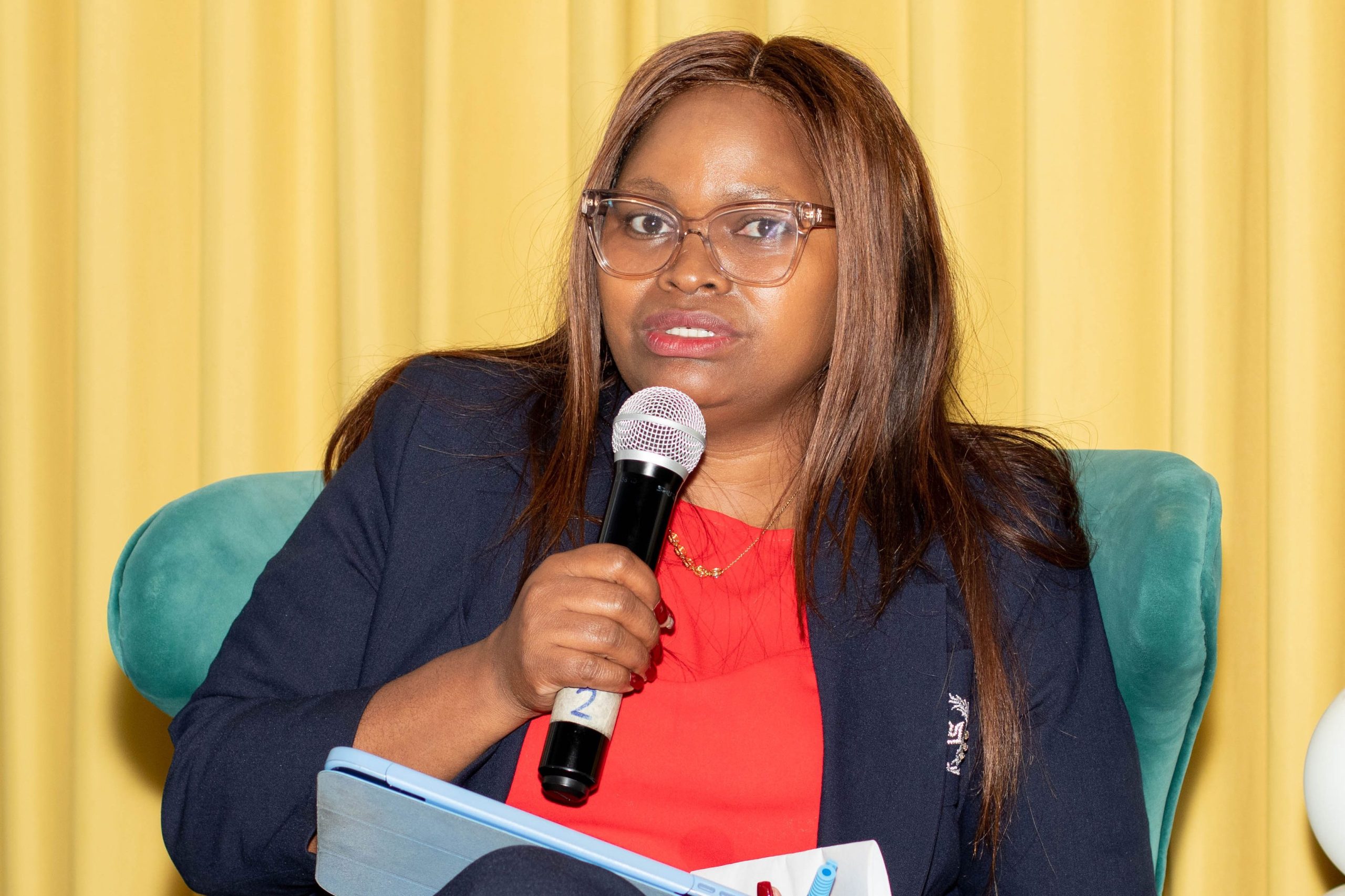
Dr Asin highlighted that Kenya’s polio lab sample transport program has built sustainable local capacity, while the new genomics lab at the Kenya Medical Research Institute (KEMRI) will serve as a regional hub for disease surveillance to detect and respond to cross-border threats.
Dr Loice Rono, Health Services Advisor in the Office of the President, said the government is focusing on four key areas to achieve UHC: reliable medicine supplies, integrated health data, strong health workforce and health financing.
Dr Rono explained that the strategy focuses on prevention over cure, using Community Health Promoters (CHPs) as central pillars.
Dr Kenneth Ogendo, the Lwala Community Director of External Partnerships, stressed that true partnerships with communities drive powerful social accountability, led by local health committees.
He cited a successful program that began in 2022 between VillageReach and Lwala Community Health in Migori County to integrate Community Health Workers CHWs) into the public health system and thus improving medicine tracking in the national system, besides increasing local supply skills.
With changes in donor funding, experts are highlighting solutions to sustain primary healthcare for the future.
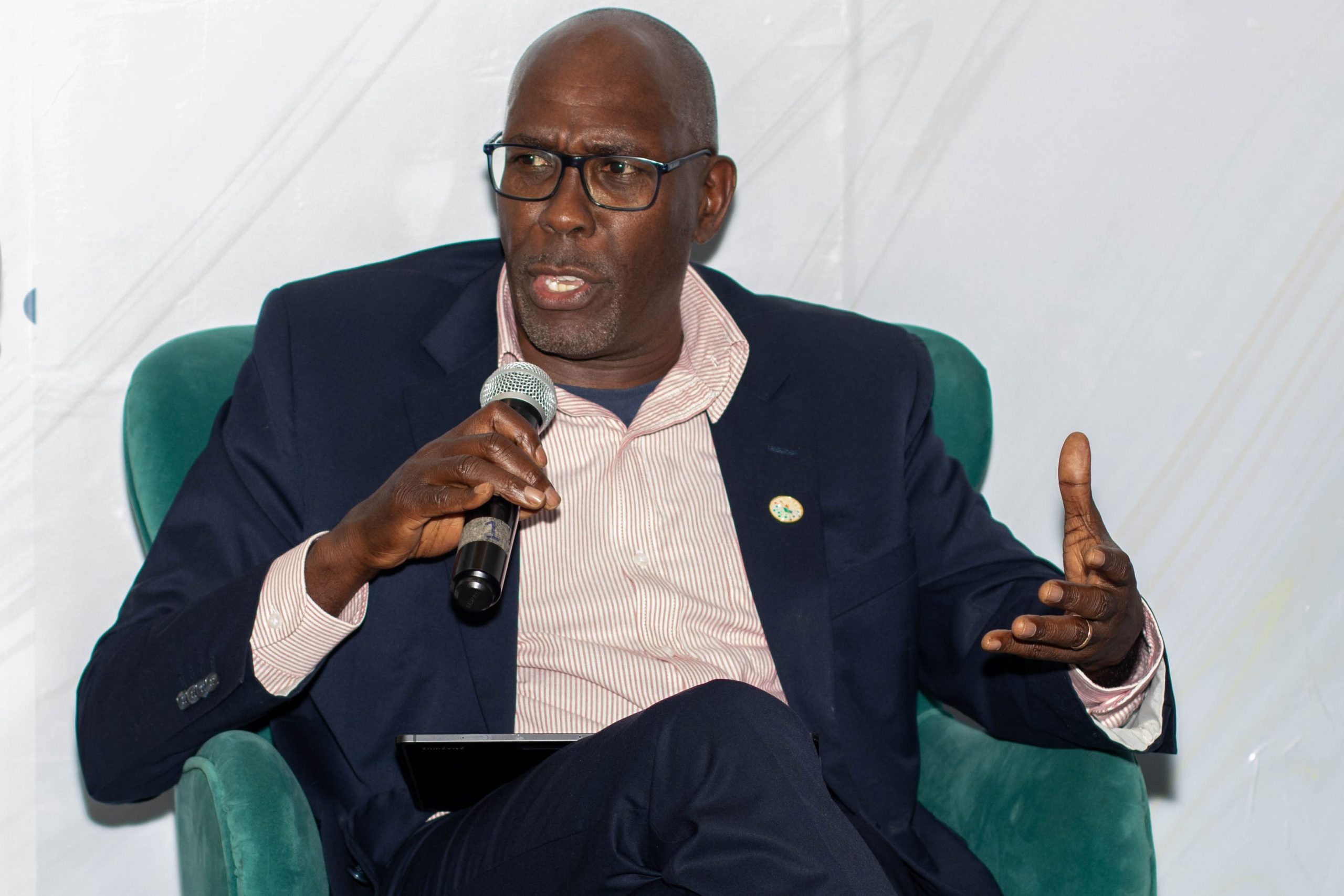
“One is the need to focus on science programming,” said Science for Africa CEO Dr Tom Kariuki.
“We also need to build integrated health information systems to be connected with the data aspects of ownership, validity, and how to integrate them without risk fragmentation.”
Climate and health integration is a timely solution, with the need to embed climate services in primary healthcare in Africa, such that front-line services and tools to protect vulnerable populations are in sync.
Dr Kariuki warned of the repercussions of neglecting social and behavioural sciences, noting that epidemics and pandemics often disrupt the functioning of communities, so “Let’s ensure that we are engaging and onboarding the great indigenous knowledge that we have across the world.”
The past 25 years were successful for VillageReach, but the next 25 will require adapting to global dynamics and donor interests. Using AI to enhance human skills will be crucial for improving healthcare, especially in training, data, logistics and supply chains.



